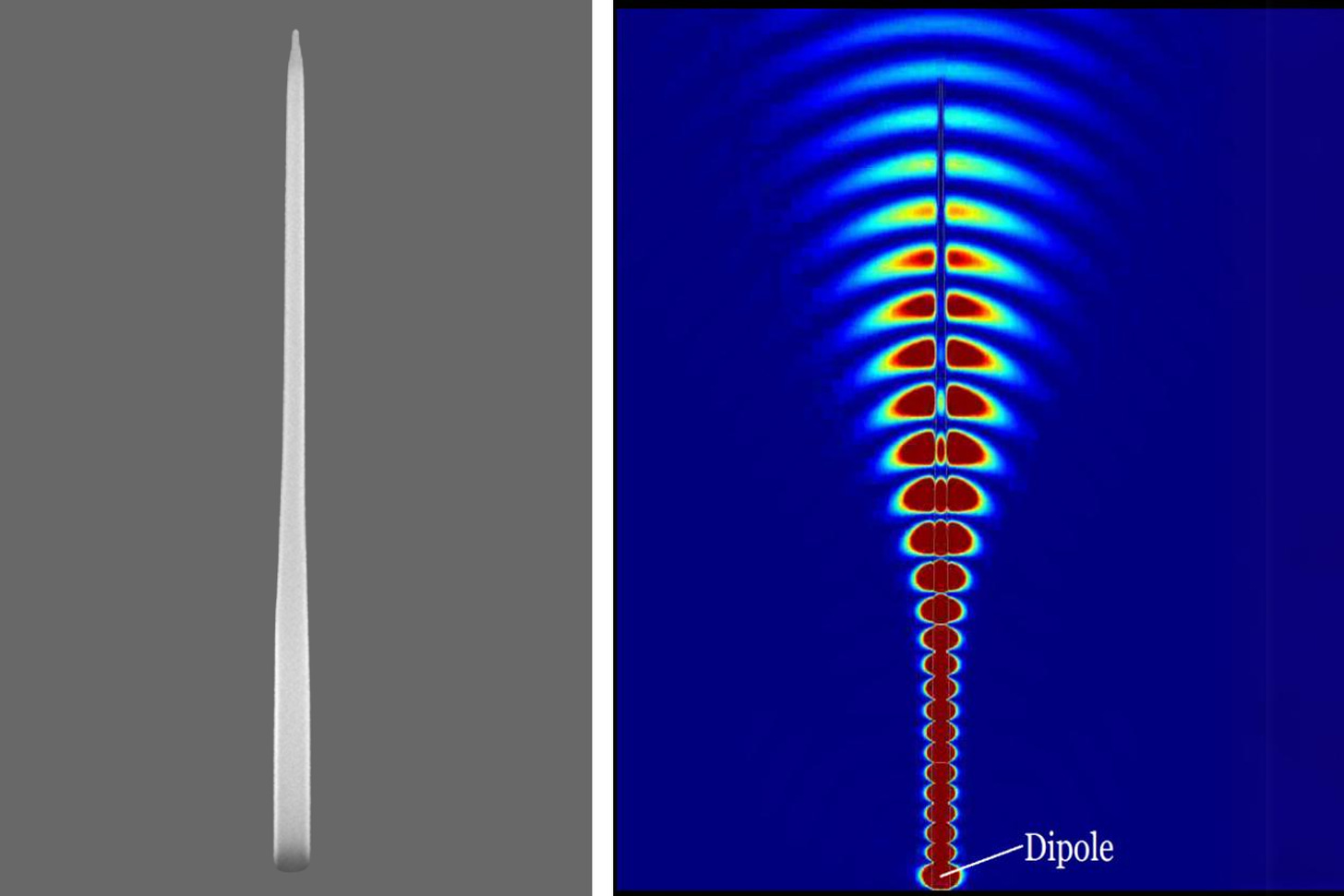Quantum Entanglement & Quantum Dots for Secure Comms; Orbital Drug Manufacturing; Amazon's Billion-Dollar Investment in an OpenAI competitor and more...
An insider’s update on Deep Tech: Your dose of tech innovations, startups, exponential industries, policies, and market moves to stay ahead and capitalize on it.
Welcome to The Scenarionist’s Sunday Brief, where we discuss 5 crucial facts from the week shaping the Global Deep Tech landscape at the intersection of technology, policy, and markets.
Get practical insights from cutting-edge tech innovations to the most significant startups and capital moves to stay ahead, stay competitive, and seize new market opportunities.
In today's briefing, we explore groundbreaking advancements across various sectors, promising to redefine our approach to global communication, artificial intelligence, sustainable energy, food technology, and pharmaceuticals. From the University of Waterloo's fusion of quantum entanglement and quantum dots enhancing secure communications to Amazon's strategic investment in AI through Anthropic, these developments highlight the intersection of technology and innovation. We also look into sustainable solutions with Evoloh's innovative hydrogen production and the Clean Food Group's fermentation-based oils, alongside Varda Space Industries' pioneering efforts in orbital drug manufacturing. Each story encapsulates a leap towards a more secure, sustainable, and technologically advanced future, showcasing the potential of cutting-edge research and strategic investments to shape the landscape of the 21st century.
📣 Are you keen to connect with pioneers, investors, and thought leaders in deep tech? Want to showcase your work or explore partnerships? ➡️ Contact us at info@thescenarionist.org for collaboration opportunities!
Combining Two Nobel Prize-Awarded Concepts to Ignite a New Era of Global Secure Communication: Quantum Entanglement and Quantum Dots.
In a groundbreaking advancement by the University of Waterloo’s Institute for Quantum Computing (IQC), researchers have significantly enhanced quantum communication technology by successfully combining two Nobel Prize-awarded concepts: quantum entanglement and quantum dots.
Quantum entanglement, or quantum correlation, establishes a link between particles with correlated properties. This connection allows for an instant understanding of the behavior of these particles as a single system governed by one wave function, without the need for information to travel faster than light. When a local external disturbance, such as the arrival of a photon or an observer, occurs, it affects not just one particle but the entire system, thereby defining the quantum state of all connected particles.
This characteristic is pivotal for quantum communication's theoretical security; any eavesdropping attempts would disturb the entanglement, immediately signaling an intrusion.
Quantum dots, instead, are tiny semiconductor particles, only a few nanometers in size, that can emit photons under certain conditions.
The University of Waterloo's recent discovery has revolutionized the production of entangled photon pairs using quantum dots, achieving unprecedented efficiency.

This breakthrough addresses the dual challenges of ensuring a high degree of entanglement and operational efficiency, essential for practical applications like quantum key distribution (QKD) and quantum repeaters.
Dr. Michael Reimer, a lead researcher, highlighted the achievement of near-perfect entanglement and high efficiency for the first time with a quantum dot source.
A key obstacle overcome by the research team was




